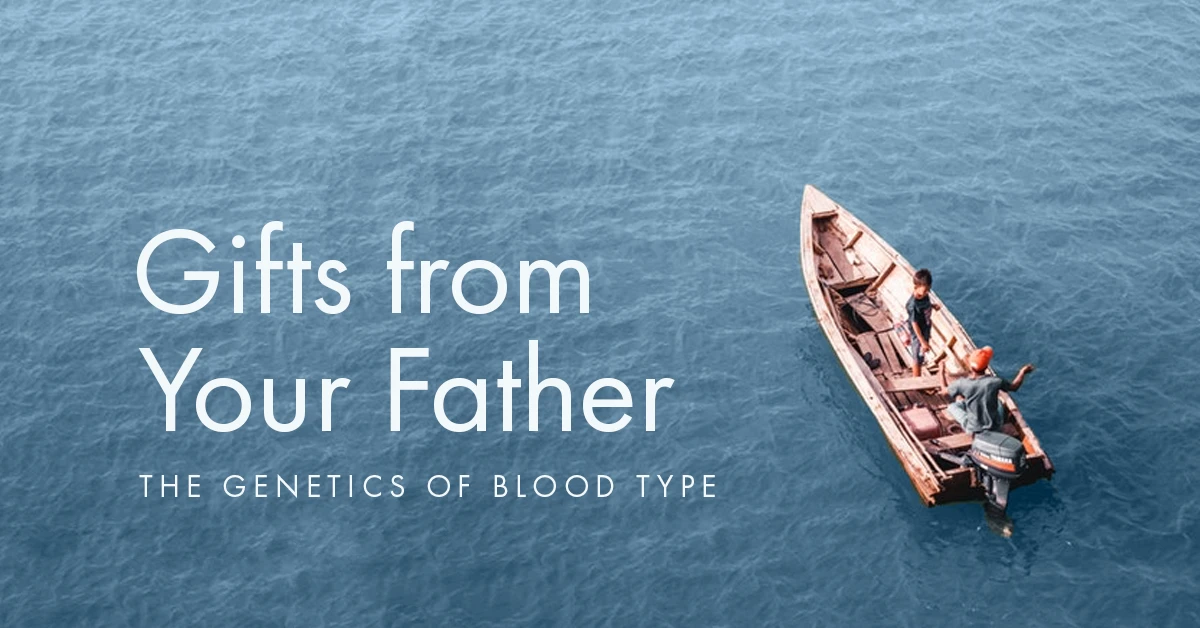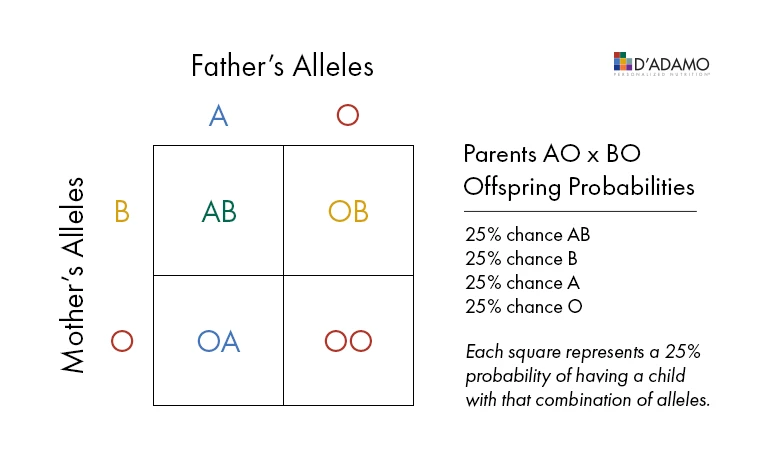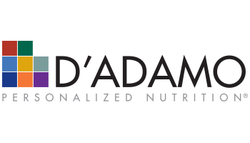
Maybe it’s dad’s curly hair. Or his ear for music. Somewhere along the line, you’re sure to have noticed a trait you inherited from your father. But did you know that he partly influenced your blood type as well?
Your father and mother both contributed to your DNA, which determined your blood type long before you were born. At conception, you received alleles—pairs or series of genes on a chromosome that establish hereditary characteristics like eye color, dimples, left- or right-handedness, and yes, blood type.
Each parent contributes one of their two blood-type alleles to create a pair of alleles that will establish your blood type. If both your mother and father contributed a Blood Type A allele, you would also be a Blood Type A. Likewise, if they both contributed a Blood Type B allele, you would be Blood Type B, and if both contributed Blood Type Os, you would be Blood Type O. If one contributed a Blood Type A allele and one contributed a Blood Type B allele, however, you would be a Blood Type AB.
Now the Tricky Part: Dominant vs. Recessive
With any other possible allele combinations, the outcome is determined by which are Dominant and which are Recessive. Type A and Type B blood are considered genetically “dominant” in comparison to the “recessive” Type O, meaning that when a Blood Type O allele is combined with anything other than another Blood Type O allele, it will submit to the Type A or B. For example, if your mother is Blood Type O and your father is Blood Type B, you will be a Blood Type B.
But Wait, There’s More
Just because your father is Blood Type B, he could still carry a recessive allele for Blood Type O from his own parents. This can add another factor to the equation, as seen in our Punnett Square—a diagram used to predict the genotypes of a particular cross experiment.

As you can see, the chart matches a Type A parent carrying a recessive allele for Type O (top of chart) with a Type B parent also carrying a recessive allele for Type O (left of chart). These parents have a 25% chance of producing a child with Type AB blood, a 25% chance of producing a child with Type A blood, a 25% chance of producing a child with Type B blood and a 25% chance of producing a child with Type O blood.
Back to You and Dad
Because of the various combinations of alleles, including those that are dominant and those that are recessive, you would likely have to go back a few generations to figure out which genotype—combination of alleles—your parents carry. If the science behind it interests you, go for it!
Otherwise, simply thank dad for the characteristics you see mirrored in yourself, and wish him a happy Father’s Day.

